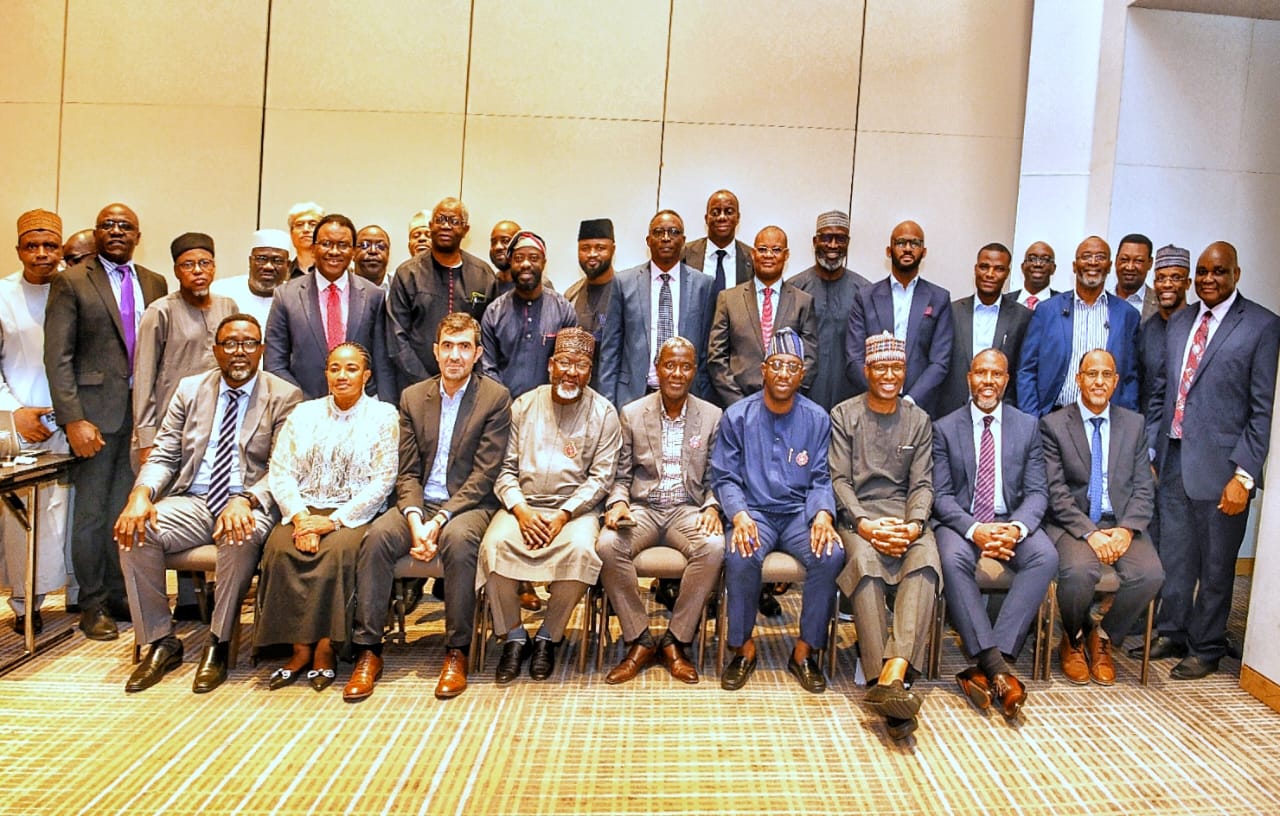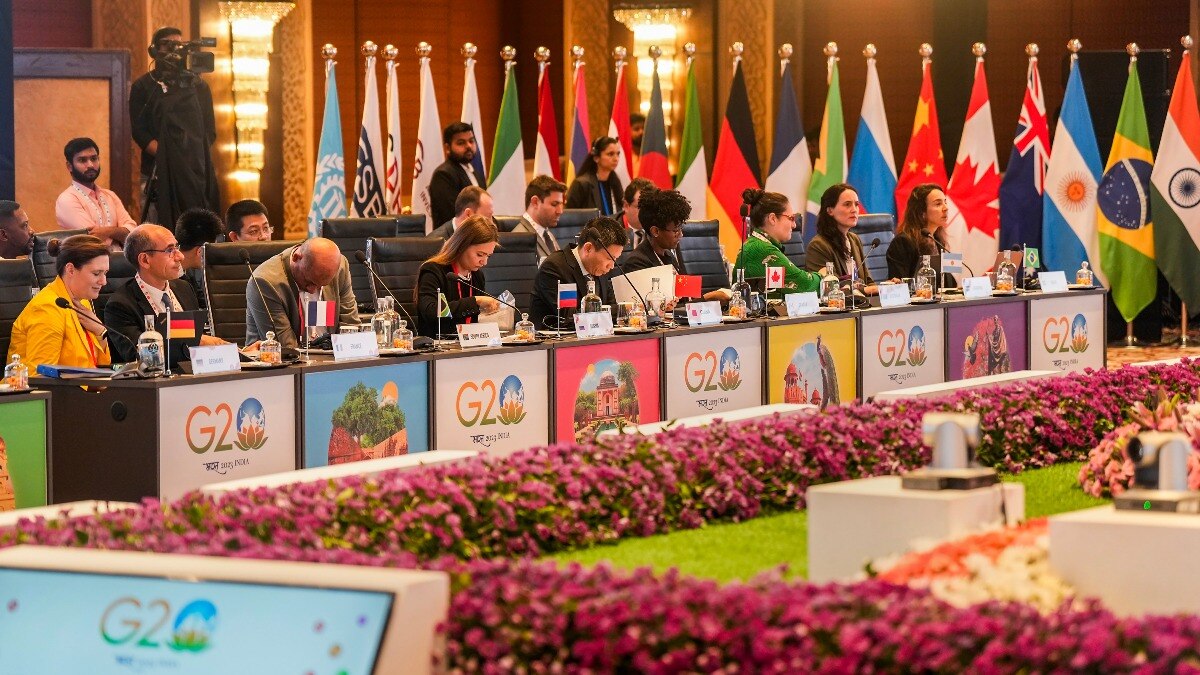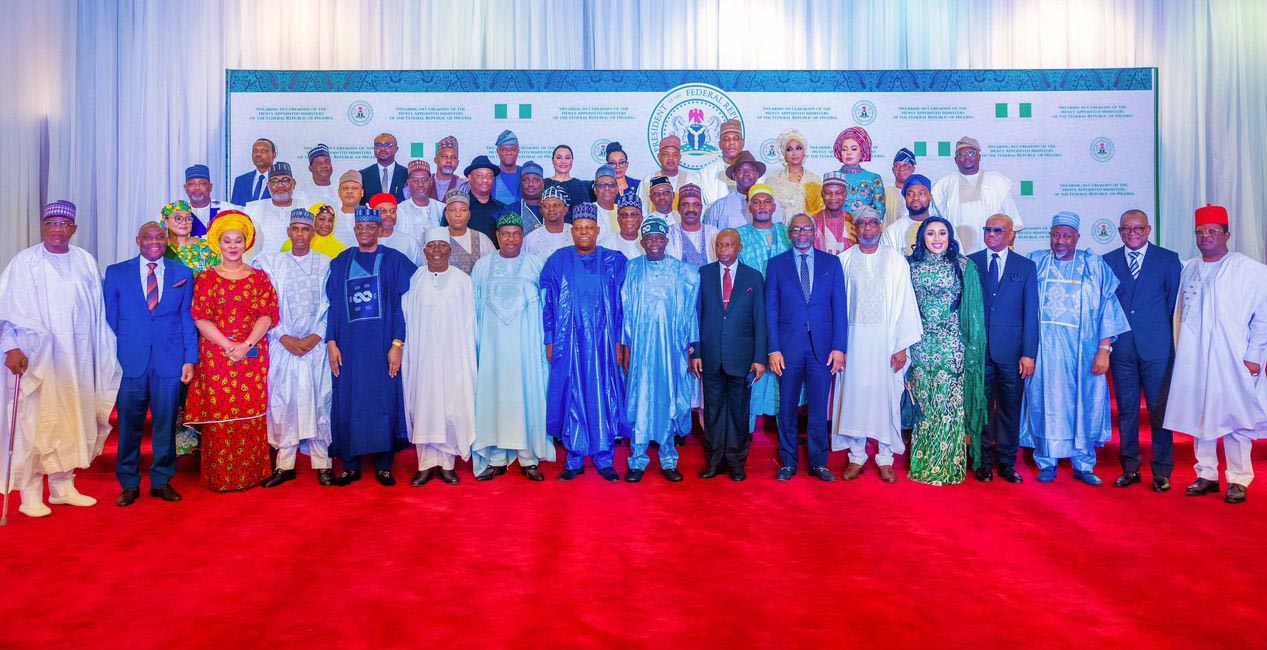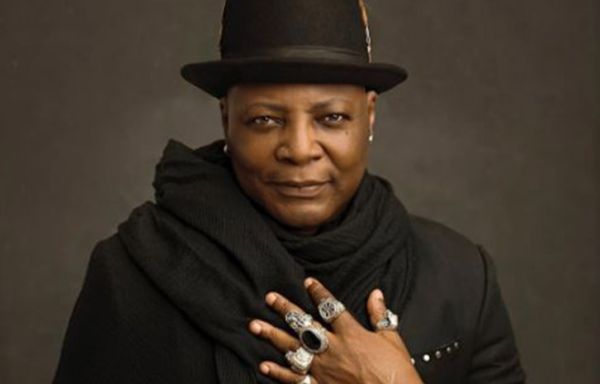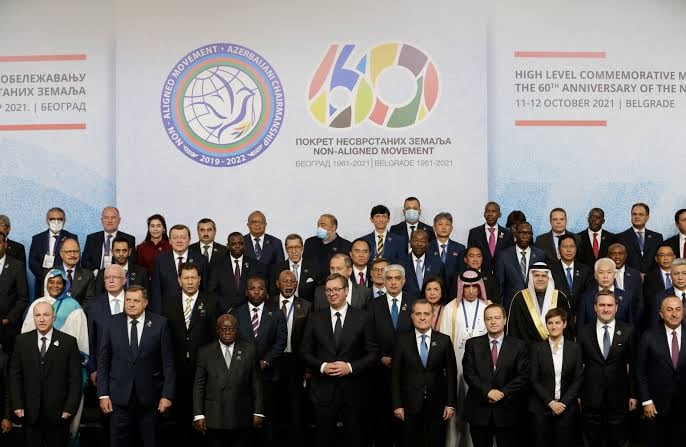The telecommunications industry was very busy last week. From Abuja to Lagos, activities were intense as the various stakeholders engaged in actions that could stop the industry from further degradation.
The Senate at a plenary formally confirmed the appointment of Dr Aminu Maida as the Executive Vice Chairman of the Nigerian Communications Commission (NCC) after considering the report of the Committee on Communications headed by Senator Ikra Bilbis.
By Thursday, Maida hopped into Lagos with his team for a much needed stakeholders meeting with the industry. Without doubt there would be so much to talk about a frontline industry whose fortunes have started to dip in a very painful way.
Also within the week, the Commission told the Senate joint committee considering the 2024-2026 MTEF-FSP that it was unable to meet its revenue projection for 2023 because a couple of the frequencies put out for sale through an auction were snubbed by the industry.
Advertisement
The Lagos meeting was an opportunity for Maida to introduce himself to the industry but the matter at hand was nearly overwhelming, and the new chief executive dived in straight, am sure, to the delight of the Lagos audience that would appreciate his frankness and boldness.
He will work with his team at the regulatory commission to reposition the industry that has done well for the nation although it has fallen on hard times recently. He would work on the side of the Minister of Communications, Innovation and Digital Economy to execute his policies for the communications industry and breathe fresh lease of life on the sector.
Under him, quality of service (QoS) in the telecommunications industry would be tackled with urgency. The Universal Service Provision Fund (USPF) would enjoy fresh attention and be repositioned to function effectively. InfraCos, once hailed as industry game changer, will be reactivated to play their role. But he pleaded for the cooperation and understanding of the industry players to make his dream come through, he would need the relevant stakeholders to keep his back.
Advertisement
The industry embraced his enthusiasm with determined caution. In their hearts the CEOs may have been saying: we have seen them all, the absolutely strategic regulator on one hand, and the bozos on the other, who exploited the power of the regulator to manipulate the industry to position of personal advantage. The regulator once reputed for transparency acquired a coat of many colours that wasn’t a pleasant testimony. They have seen them all.
But the industry had something to say too. It wasn’t just the dumb lamb before its shearers. They were cautiously optimistic about the coming of the EVC and were excited about his seeming sincerity. But they have their own story. The regulatory terrain has been awkward for some time. Call tariffs are no more congruent with the reality of the nation’s economy, not only because of the dollarisation of the entire system but more because of inflation which stood at 27.33 per cent in October. Yet they have to import their hardware and pay all kinds of bills in dollars. The running of the generators at the base stations with diesel has been ceded to the tower operators who remain part of the industry and are paying humongous bills. Call tariffs really are no longer very convenient and competitive to support the huge investment in the industry.
The operators also expressed the worries that telecoms infrastructure have been subjected to serious and serial vandalisation, sometimes, creating protracted downtime in some instances. They therefore requested that this administration should work towards declaring telecom infrastructure a critical national infrastructure (CNI) in order to send a very strong message to the rogue community of vandals.
Abuja, the Federal Capital territory (FCT) presents a different industry worry. Previous administrations had made service rollout difficult for operators because of some troubling policies of the government. The result is that telecom signals have remained poor in the territory, thus creating a community of disenchanted and unhappy subscribers. The operators appealed to the EVC to use his good offices to change the narrative.
Advertisement
An industry source at the meeting told this writer that Maida looked calm, respectful and knowledgeable about the industry, some great qualities the source expects, would support him to do well in the office of the EVC. Although still early in the life of this administration, the industry looks positive about the outcomes he may bring to the sector.
His focus areas serve an indication that Maida has taken a dispassionate look at the commission and industry, and is sincere enough to x-ray them for good and for growth. Under the last administration the agency lost focus and transmogrified into a contract awarding agency instead of the regulator it is.
All of a sudden, Nigeria happened to NCC (suffered the faith of the nation where projects fail), losing focus and pursuing inane projects that had little place in the plan of the commission for the industry. It was bedlam, chaos and confusion. Conflict of interest reigned as projects were designed with predetermined personal end results. This is the agency that Maida has come into and on whose platform he went to address the industry last week.
But the meeting at the National Assembly in Abuja where the agency confessed an inability to meet revenue target should be of considerable interest to Maida, for obvious reasons. One. Previous administration, for reasons very difficult to understand, gave the impression that NCC is a revenue generating agency, which it is not. One of the activities of the Commission is to trade on spectrum on behalf of the government, which money goes straight to the federation account. Appointees who had never imagined that volume of money started to have weird assumptions of their ephemeral positions.
Advertisement
“Our revenue projection from spectrum fee was N387.4 billion. But we ended up earning N199.8 billion as of September 2023, which is a significant difference from the projected revenue,’’ Yakubu Gontor, Director, Financial Services explained.
The reason for this default is that the 600MHz and 35MHz offered for sale were shunned by the industry.
Advertisement
Let me say something about this. The industry ran away from the auctions because the regulator was becoming less transparent in its activities. Yet, the king, in uncontrolled braggadocio, never admitted any fault, never admitted it was naked!
For instance, the first 5G auction held in December 2021. In the Information Memorandum, the commission stated there would be no other auction for two years. But the following year, the commission was pressured by politicians into organising another auction, thus breaking its own rules, which immediately sent wrong signals to the industry. There were other spectrum transactions that had become even more controversial on who got involved or who profited. How would any reasonable person fork out hefty amounts for such amorphous transactions that had no respect for rules of engagement?
Advertisement
Let me also add that the 600MHz band is encumbered at the moment. The band belongs to the National Broadcasting Commission (NBC). Until the digital switchover (DSO) is completed and compensation made to the NBC and its operators, it may not be wise for anybody to make significant investment in them for telecoms operations.
This writer has the reliable information that although the industry is anxious to embrace Maida, there is likely going to be a wait-and -see attitude to determine whether he will continue in the old ways.
Advertisement
The NCC remains a regulator but it has a big headache at the moment which only sincerity can cure.
Views expressed by contributors are strictly personal and not of TheCable.
Add a comment

